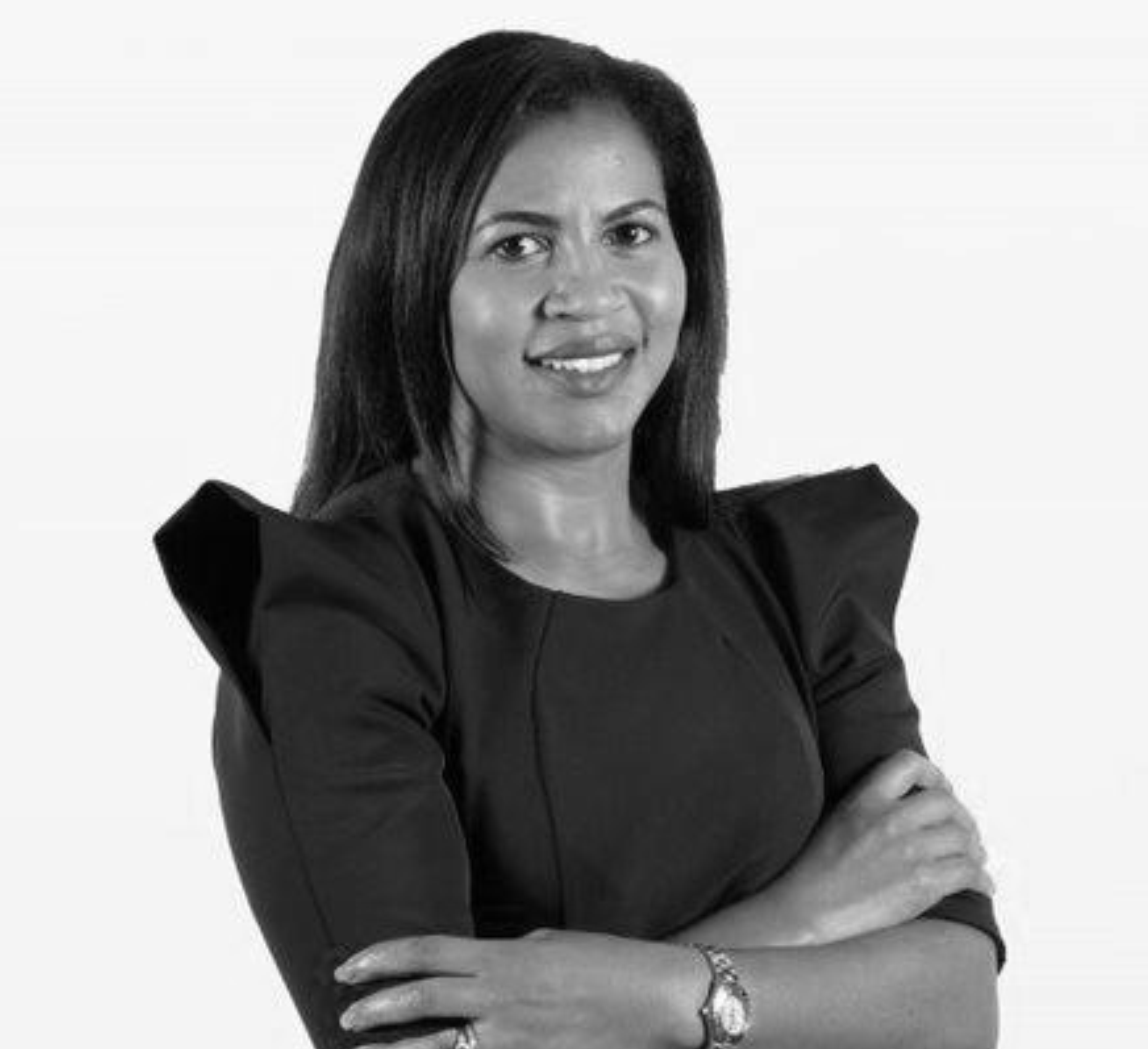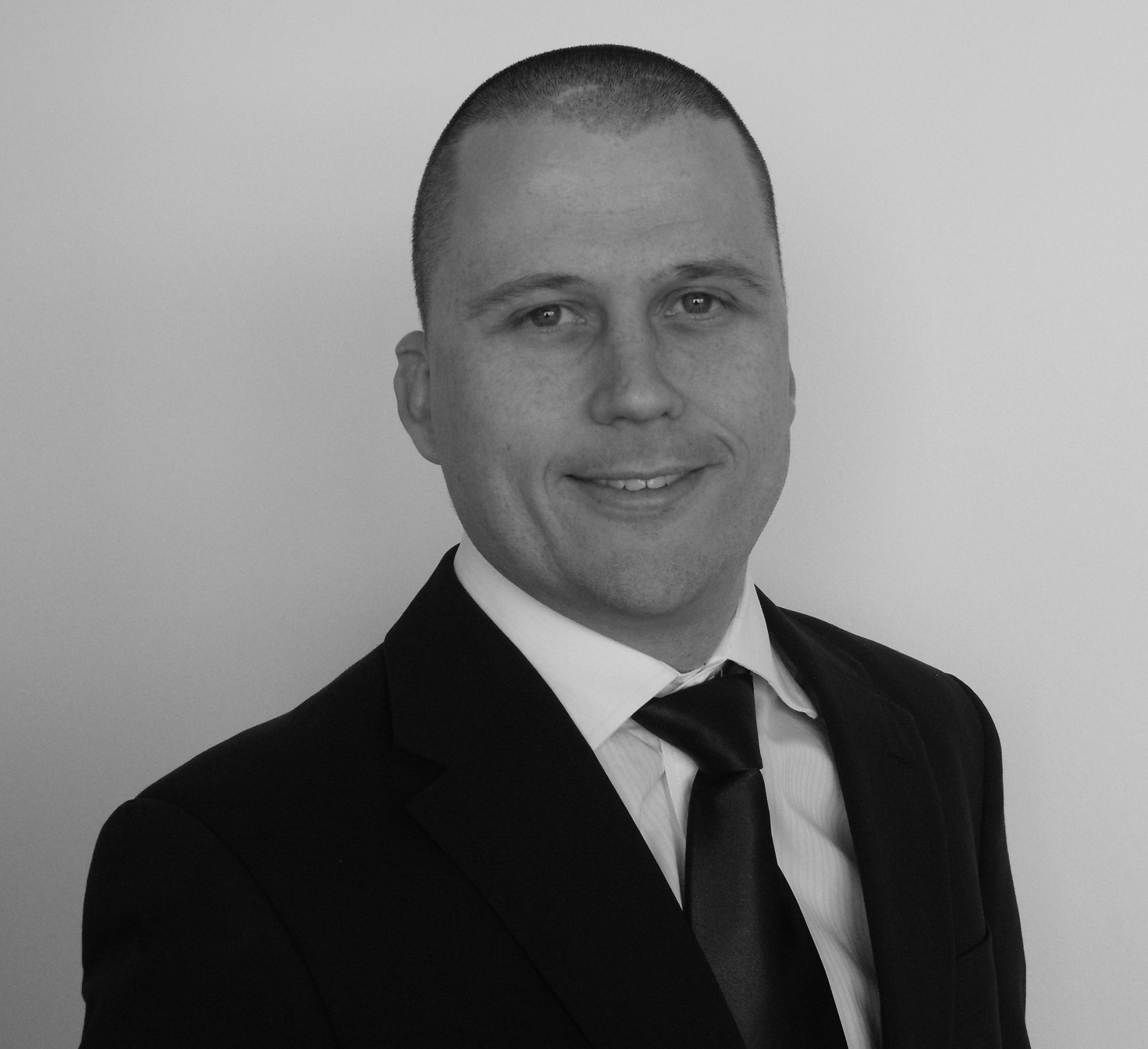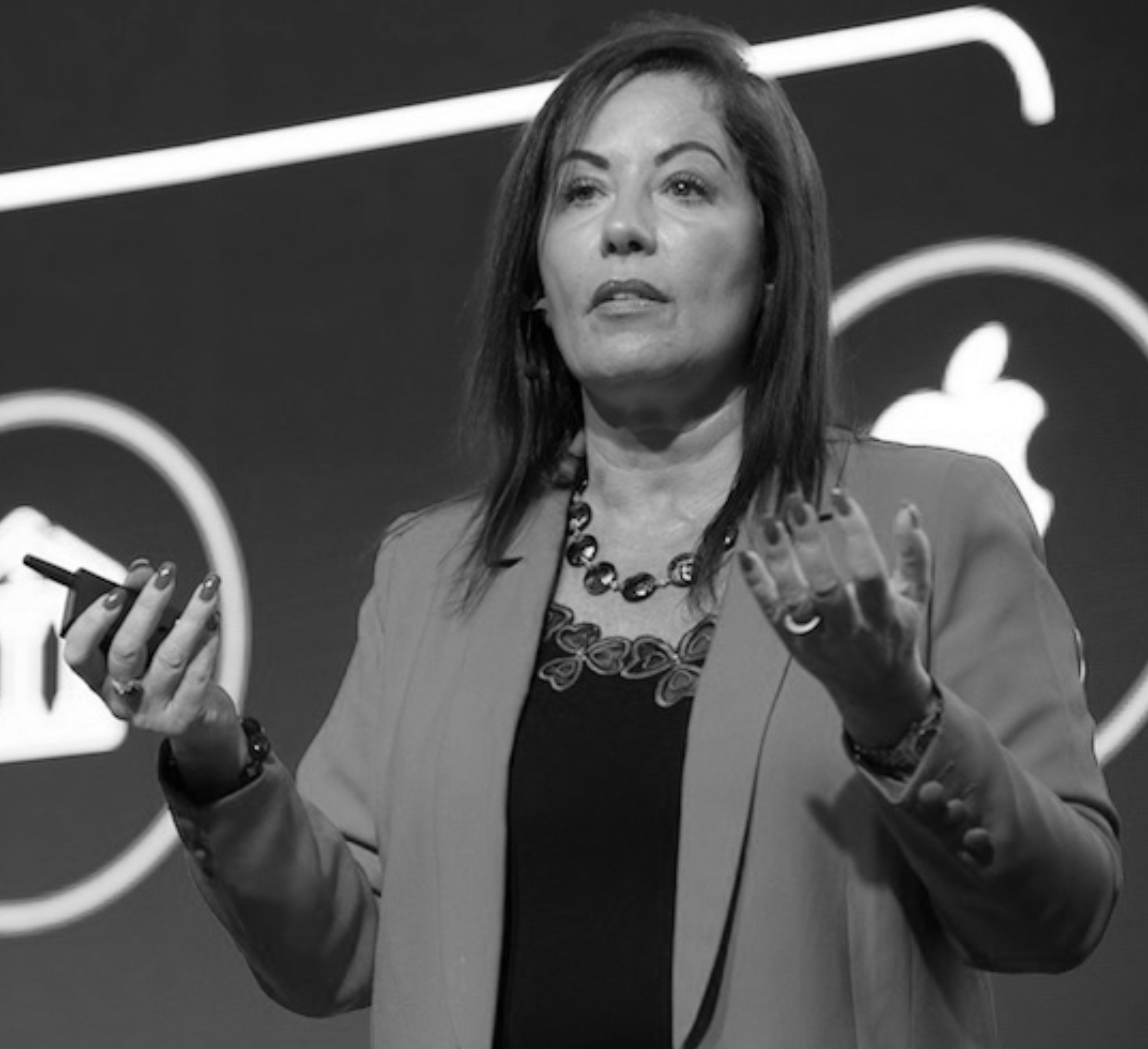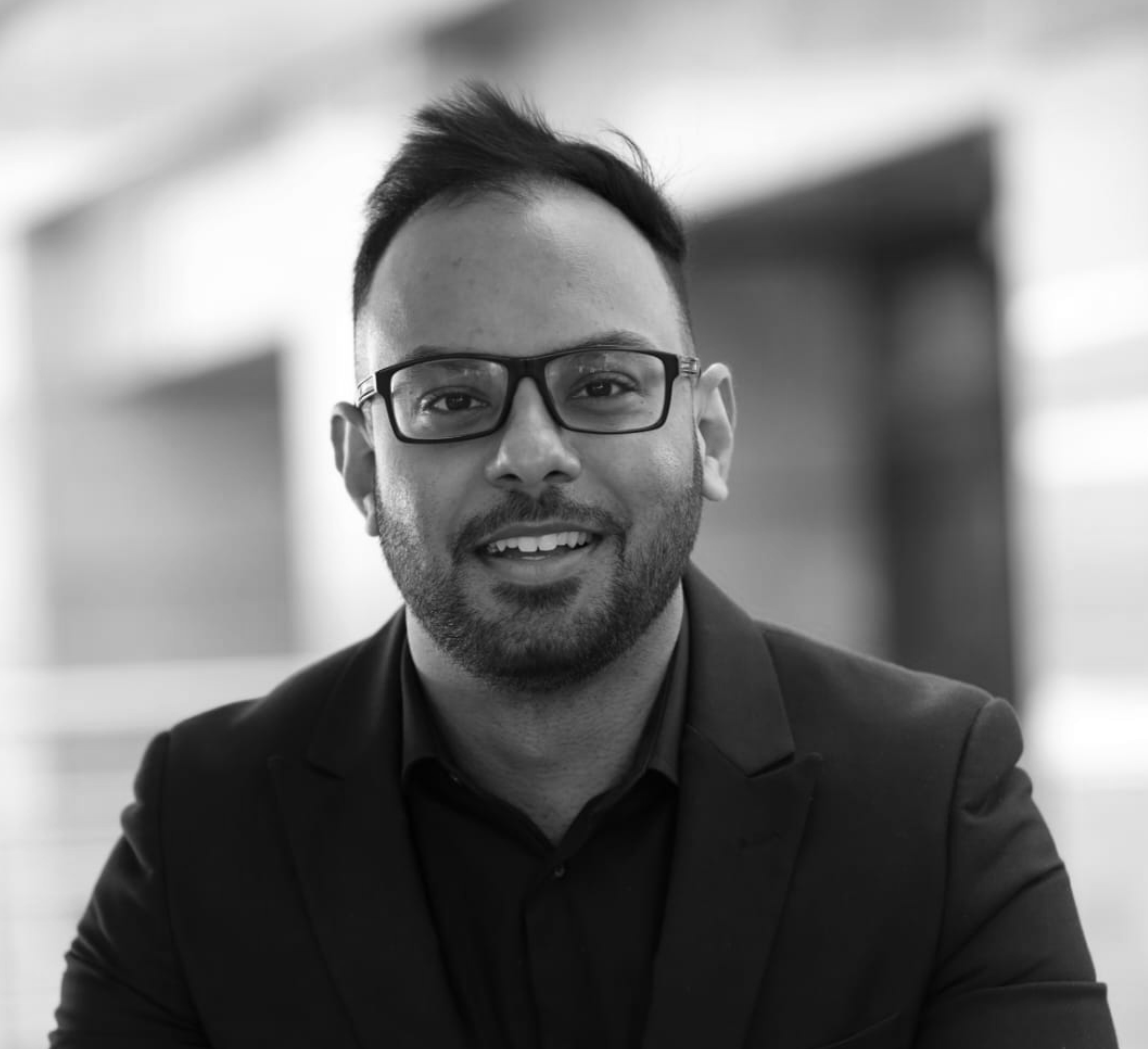175: Thembeka Maseko
‘I had always been fascinated by the financial services sector’

Today’s podcast is sponsored by Draftworx, which provides automated drafting and working paper financial software to more than 8000 accounting and auditing firms and corporations. CFO Talks is a brand of the South African Institute of Business Accountants.
It’s my great pleasure today to welcome Thembeka Maseko, who is Chief Finance and Value Officer for Group Consumer and High Net Worth Client segments at Standard Bank. In the five months that she’s been in this post, she has built a finance team, she’s developed new business partnerships and improved reporting relevance to allow for better and faster decision-making. Prior to her current role at Standard Bank, she was CFO at Wesbank Motors and has, in fact, spent much of her career in the financial services sector.
Thembeka, I’m keen to hear more about your role at Standard Bank, maybe you can expand on what your title actually means, tell us about your current role and what that entails?
Very simply put, the consumer and high net worth sector within Standard Bank is mostly the retail portfolio, which focuses on personal lending, and then they decided to rename it. The reason for this portfolio, it’s a newly-established portfolio, and the reason for it is that if you look at the personal lending and overall retail portfolio in the segments that we service, those client segments are all at different stages of life and lifestyle. So the solutions we offer to them are quite different. So to be successful and make sure we service our customers properly, it was quite important to segment those clients. There’s the ultra-high net worth client segment, there’s the affluent client segment, which is the private banking, and then there’s the rest of the market, which is the bulk of the market. So we break those down into those three segments and we run those as if they stand alone, end-to-end businesses. Then it is quite important to have a finance partner to help those CEOs run those businesses successfully.
So that is what this role entails. What excited me about the role, as I mentioned, it is quite new, so I have to build the team, build the structure, build the frameworks and I am a person who likes building things and fixing things, and creating things that don’t exist, so that excited me. It’s also quite broad, it’s not just for South Africa, it’s for all the countries that the group operates in, so that’s nice exposure as well. But more importantly, this role has provided me with a unique platform to deliver solutions that impacts people’s daily lives. The beauty of this role for me is that I get to think about people, about customers, as human beings. So in one hour I could be designing the solutions for the broader market, where we’ll be talking about stokvels and savings accounts, and in the net hour I could be looking for solutions for the ultra-high net worth clients, which is completely different. Then in the next hour I’m looking for solutions for young and upcoming professionals.
My day is never focused on one thing, and I enjoy that complexity and that level of learning.
More importantly is that it gives the finance person exposure to the commercial and operations functions of the business, which is key in terms of what the finance function is expected to do in the current day.
Financial services are among the most regulated of sectors in the economy, does that place extra burden on the shoulders of the CFO?
Most definitely, if we think about it regulation impacts how we price customers and how much we can charge customers, so that has a significant impact on our revenue. Secondly, there’s an investment cost involved with being compliant, whether it’s investing in people with the right skills or the right technology to be compliant. Then the third component, which is actually the more costly one, is that there’s also a cost attached to non-compliance. So if you are non-compliant, there is a financial loss, whether it’s related to claims, to penalties, to loss of income due to fraud. If you think about a combination of those, that can have a negative impact on the financial health of the company and then the first person who is called on to explain that will be the CFO.
So it’s quite important for the CFO to partner very closely with your chief risk officer and other colleagues within the business, to not only understand the relevant regulatory requirements but proactively develop frameworks to monitor and enforce compliance and ensure that there are adequate provisions for all possible instances of a loss. I think the finance function today need to be creative, have a deep understanding of the business and the industry’s best practices in terms of regulation, and then be able to manage those complexities proactively.
You made a deliberate decision at some point in your career that you wanted to diversify into the strategy area, and for the modern CFO it’s a must-have, you’ve got to have that strategic input and arsenal as part of your toolkit, am I correct in saying that?
You are definitely correct and what we don’t realise is that the power of the CFO is that anything that you say to people, they don’t see the value of it until you actually translate it into numbers and that’s the part that I wanted to show. As CFO, you are sitting at the shoulder of the CEO, you are actually the right-hand man or lady of the CEO, you need to be able to understand the business and you need to be able to pick up issues very quickly. That’s when strategy will help a lot, I wanted to improve my commercial acumen, be able to negotiate and be able to come up with solutions, and even come up with additional revenue streams.
I think stepping outside of finance, even if it’s just a six-month secondment, will actually help that quite a lot.
Let’s talk about culture, do you feel the CFO must be part of shaping that culture and building a culture particularly where you’re reliant on truth, ethics and integrity, you have to lay out the pillars of that culture, is that how you see your role?
Most definitely, we’ve been talking about the modern CFO and the role that you are required to play, where you are almost the glue that brings everything together. You play a critical role in building the culture of an organisation because you have an opportunity to make sure that the culture that you’re building is one that will give employees a higher purpose than themselves and that inspires them to give their best. It also must be accompanied by creating an environment that allows employees to be able to challenge the status quo and be allowed to be creative and curious so that they can grow as individuals, but in the process they are finding ways to innovate and develop new solutions.
I think it’s quite important for the CFO to be involved in crafting that culture journey and modelling those cultural values that are built on professional ethics because the finance function is the trusted custodian of the company’s overall financial health, not just for today but for the future as well.
My next question is about life-long learning and give us your sense about where the accounting profession is headed. We hear a lot about AI, automation and this crisis within the accounting profession because there have been so many accounting-related scandals. That’s not entirely the story of the profession, there’s a lot of good happening, give us your sense of where the profession is at the moment.
I think the profession has changed quite a lot from what it was in the past, where the technical accounting skills were quite critical and important, it was what the CFO was known for. Whereas if you look at now how the world has changed and some of those technical reporting functions have been automated and they can be done by robots. That has now given the finance people an opportunity to become the businesspeople who they were trained to be because a lot of their training actually focused on businesses and building businesses, and I think that is where the profession is shifting.
The role that the CFO is required to play now is not that of a support function, but the CFO is expected to drive the direction and success of the organisation they work in.
They need to have the ability to take financial data and use it to influence operational and business decision making, strategy formulation and execution. Life-long learning is quite important, and I think everyone needs to understand that the technical skills are solid and you need them but they’re actually not the only thing that you need. The bulk of the things that you need is how you use those technical skills to solve business problems and partner with business properly.
The South African Institute of Business Accountants has a top designation of CFO (SA), which is really in recognition of those skills that you are not going to learn in the classroom but that you acquire through your life journey as an accountant. Do you believe that is where you acquire a lot of your skills, actually being put into the deep end?
I agree, in the roles where I have learnt the most and where I have grown the most is actually where there is no direction and you’re just thrown into the deep end, and on-the-job coaching is where you learn the most, it’s not the classroom stuff.
What books are you reading are have you read that have inspired you?
I think this one will surprise a lot of people because I am a girl, the book is about the All Blacks and it’s called Legacy by James Kerr, which is about the business of life. I actually love this book because it focuses on developing your personal brand and the legacy you want to build as an individual, as well as the key role you play in a team. There are nuggets of wisdom about being a true leader and building an effective culture that promotes team success over individual success, and that is key in the corporate world.





